Florida Governor Ron DeSantis has enacted a law aimed at preventing banks from freezing or closing accounts based on the account holder’s political views.
Officially signed in May, this legislation, known as HB 989, prohibits banks from considering non-financial factors such as politics, religion, or environmental and social governance criteria in their operations.
Treasury Department Expresses Concern Over New Law
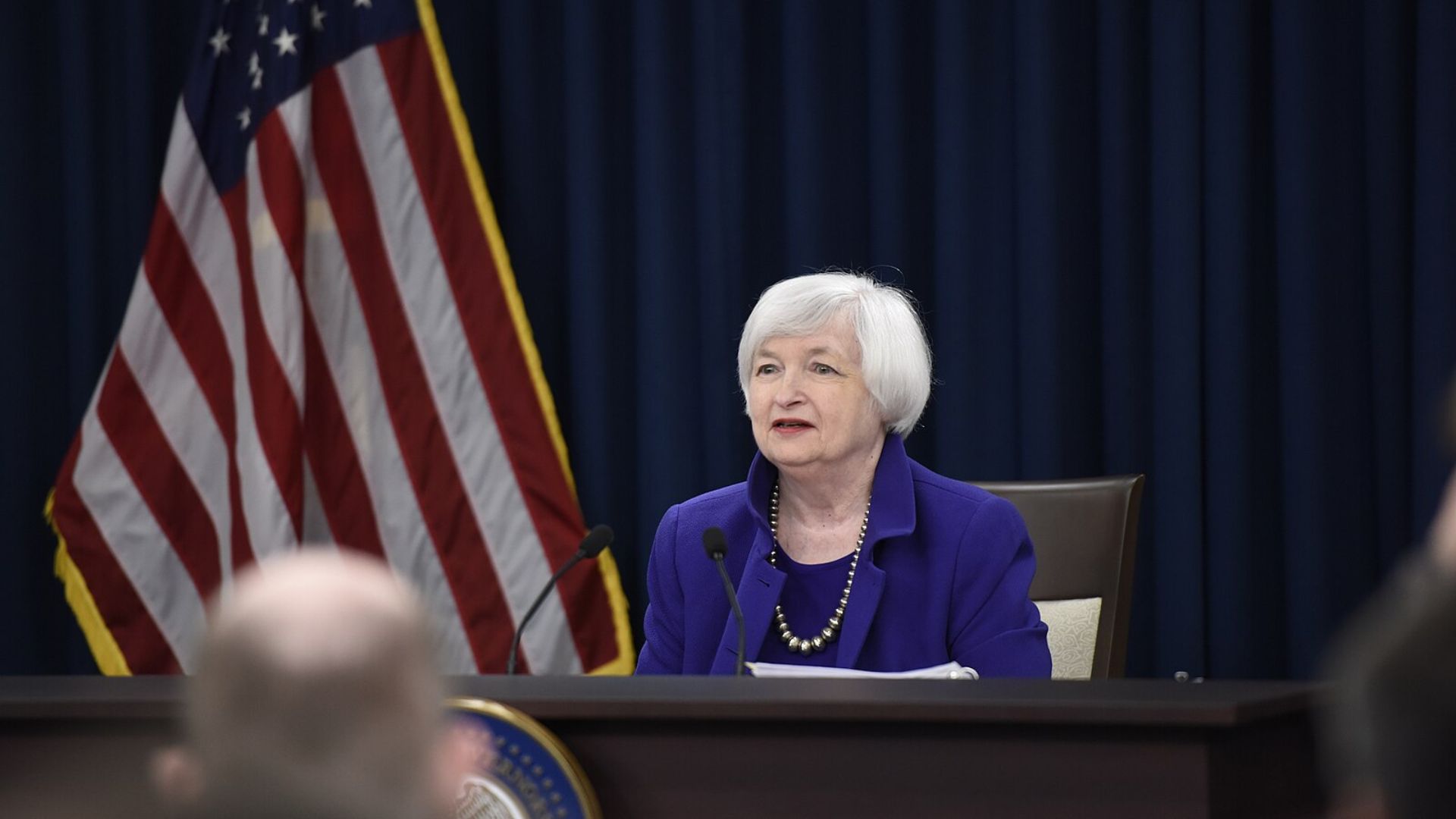
Recently, the Treasury Department has expressed serious concerns regarding the potential implications of Florida’s new banking law.
They warned that this law could potentially allow criminals easier access to manipulate the U.S. financial system, thereby endangering national security by opening avenues for money laundering and other illicit financial activities.
The Motivation Behind the Legislation

Governor DeSantis, while signing the bill, stated, “We reject a global elite trying to force their ideology on us by capturing major institutions.”
He emphasized that the law is a response to what he perceives as overreach by financial institutions that could discriminate based on personal beliefs or affiliations.
National Security at Risk
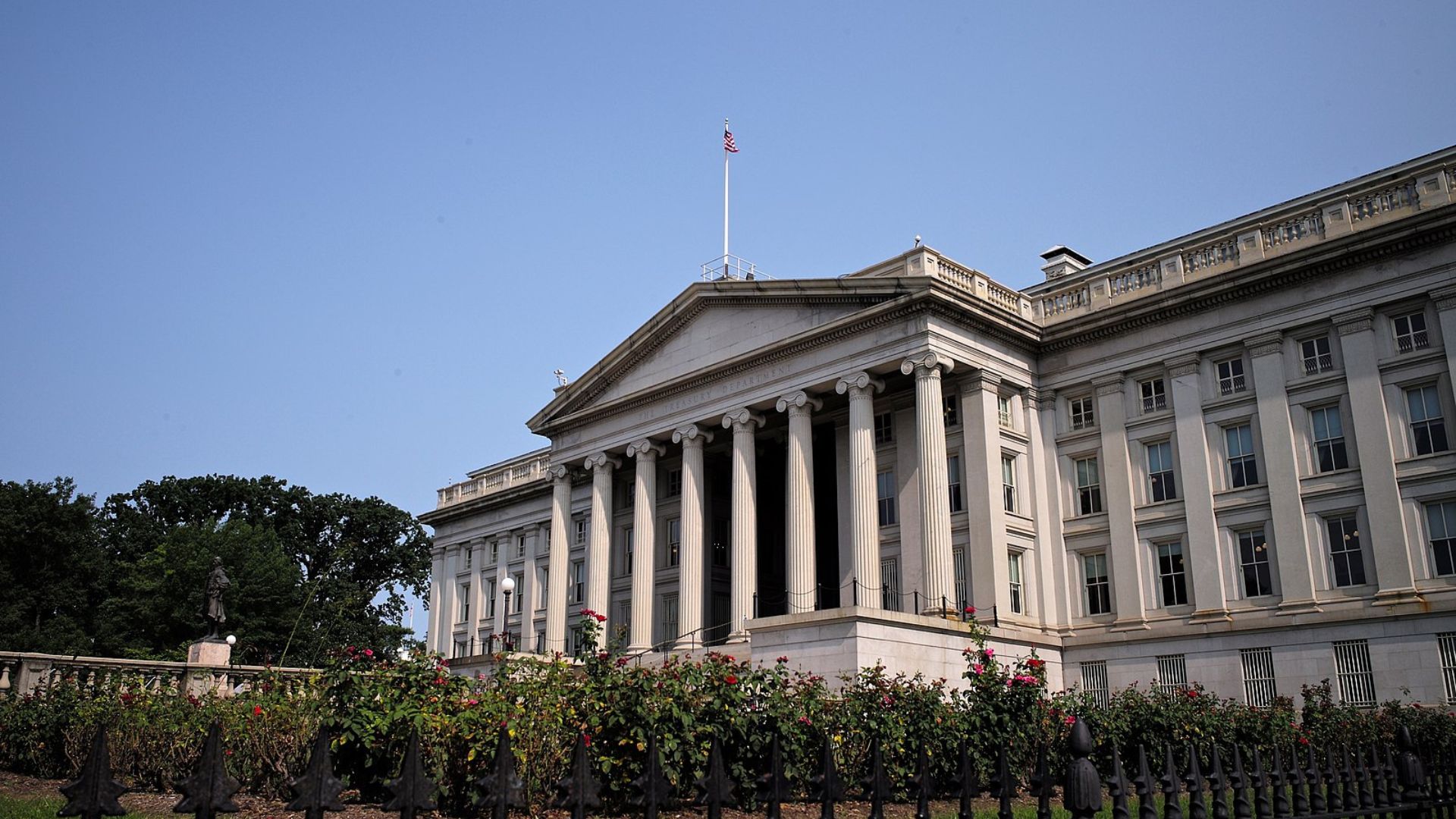
The Treasury has labeled the Florida law as a threat to national security.
It stresses the potential risk posed by easing restrictions on how banks can vet their customers, which could, in turn, be exploited by international criminals and terrorists to operate within the U.S. financial system.
DeSantis’ Defense of the Law
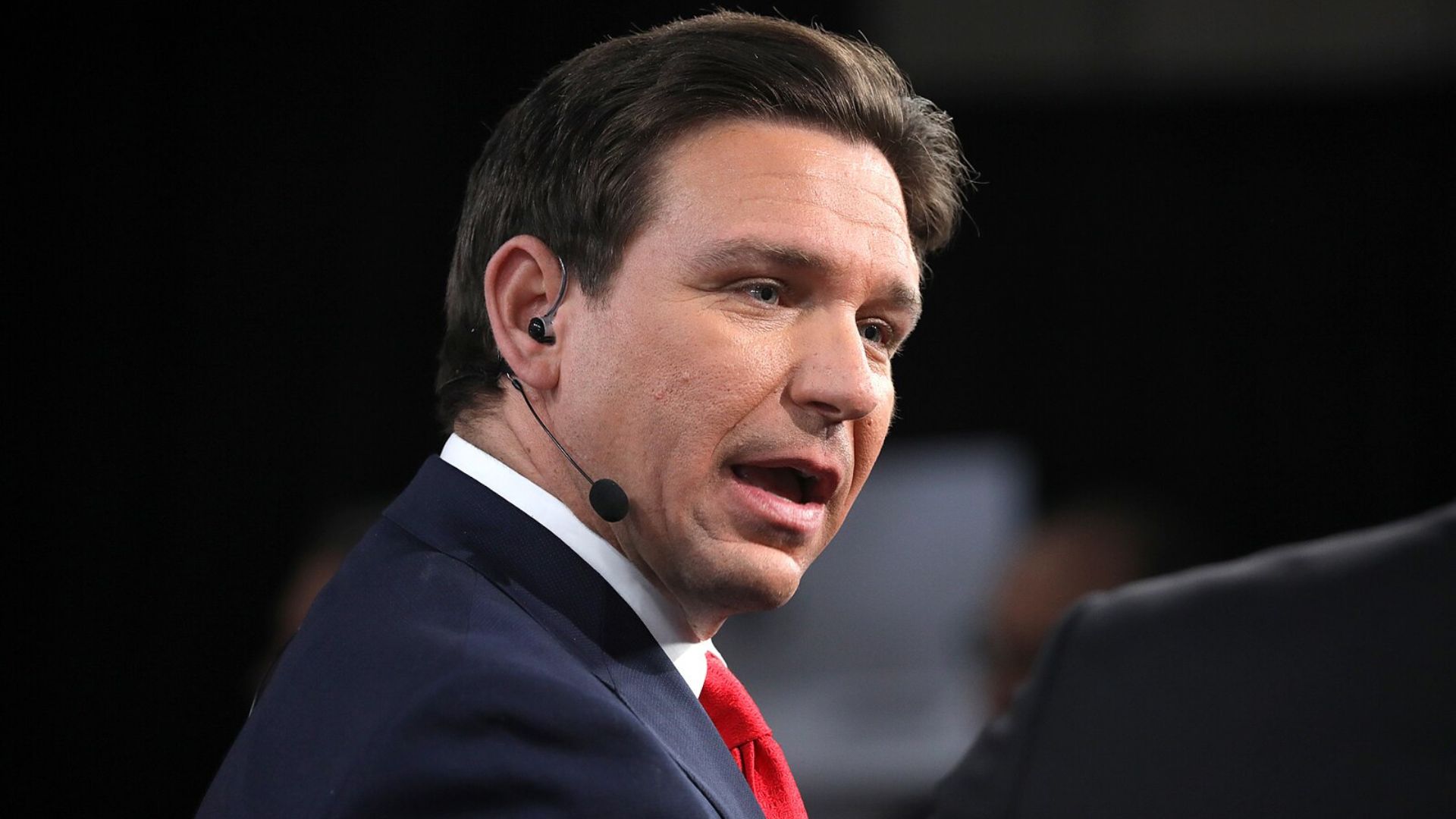
Governor DeSantis argued that the law is intended to protect Floridians from ideological discrimination, ensuring that no individual is forced to adopt or reflect preferred political behaviors to access banking services.
He believes this strengthens consumer protections within the state.
Conflicting Interests: Security Versus Freedom
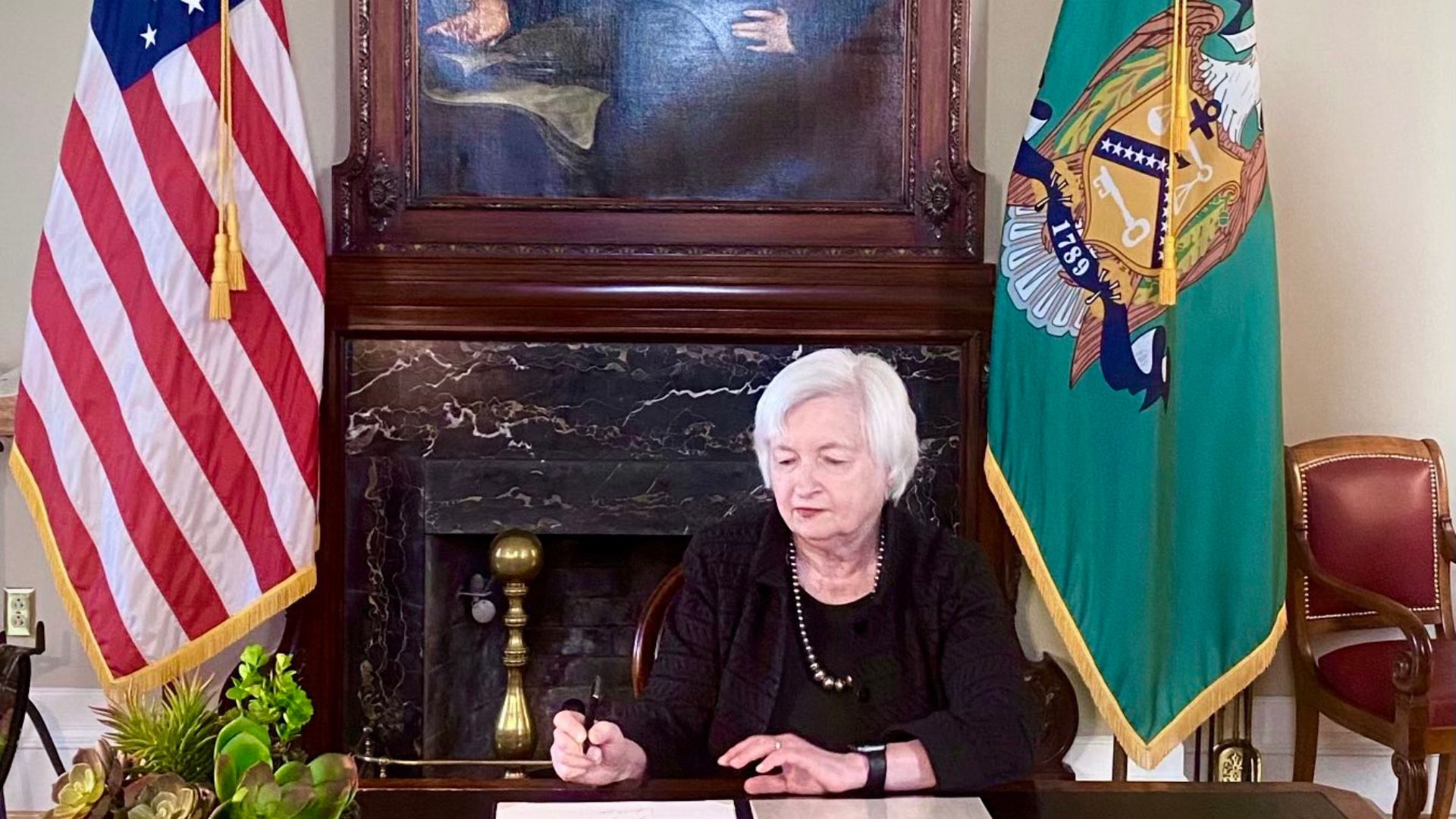
While the law aims to protect consumers from discrimination, the Treasury argues that it might compromise national security.
This reflects a significant clash between state legislation aimed at protecting personal freedoms and federal priorities that focus on maintaining rigorous security standards.
Detailed Provisions of HB 989
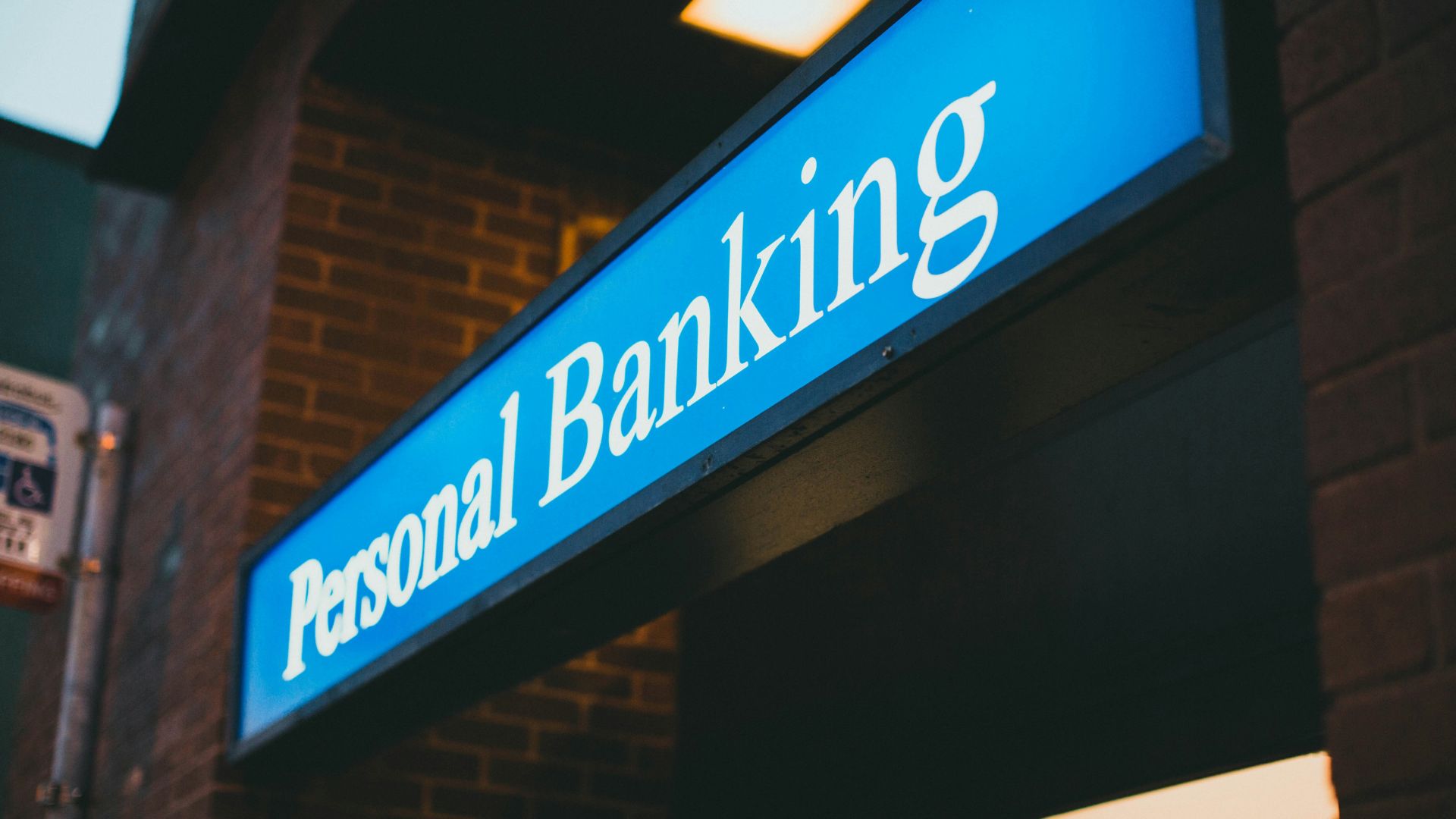
The law clearly outlines prohibitions against discrimination by banks on several grounds.
These include political opinions, speech, affiliations, and engagement in sectors such as firearms, fossil fuels, and agriculture. It aims to maintain a non-biased approach in financial dealings by emphasizing quantitative and impartial risk-based standards.
Mechanisms for Appeal
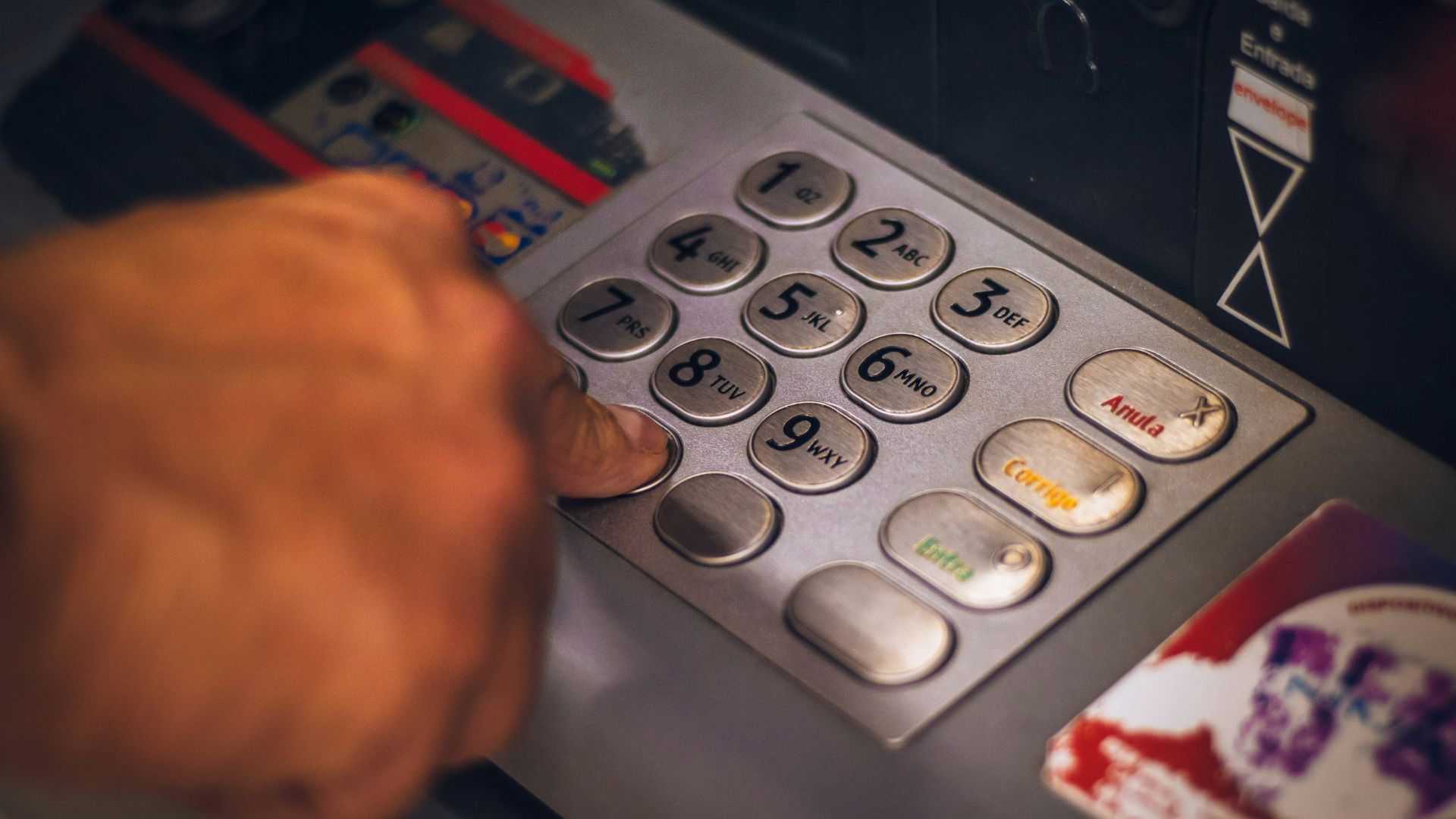
Under the new law, Floridians have the right to appeal against what they consider unjustified account cancellations or restrictions.
This process is facilitated through a complaint and investigatory process managed by the state’s Office of Financial Regulation, giving consumers a direct route to address their grievances.
Banks Caught in a Compliance Conflict

Financial institutions in Florida now face a dilemma. They are mandated by federal law to enforce stringent anti-money laundering and counter-terrorism financing measures which include detailed background checks.
However, adhering to Florida’s new law could put them at odds with these federal requirements.
Treasury’s Official Communication
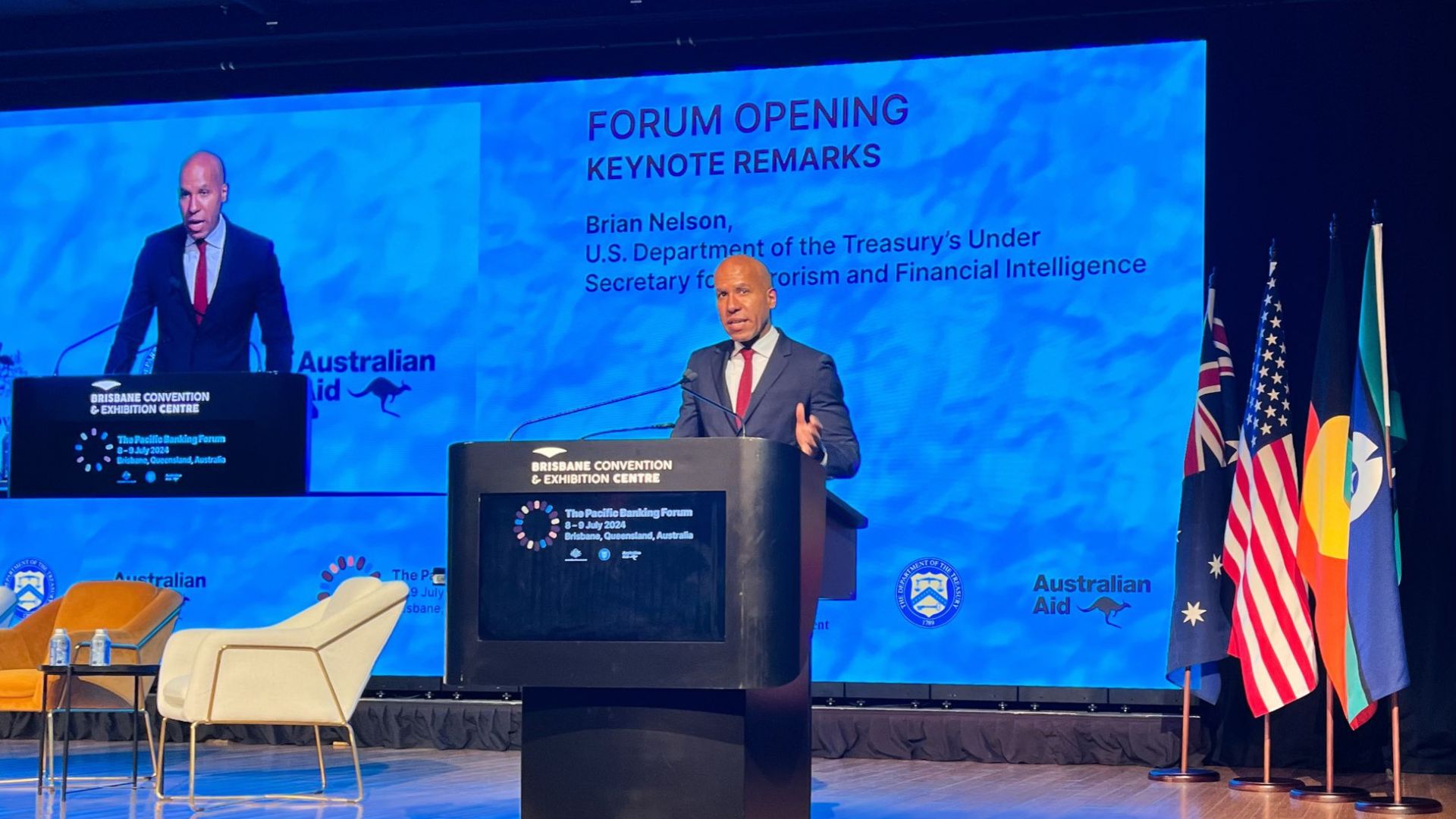
In a letter from July, as obtained by the Wall Street Journal, Treasury Undersecretary Brian Nelson wrote about the critical need for banks to perform customer probes to prevent illicit activities.
He highlighted the dangers of state laws that could interfere with these essential security measures.
Legislative Reactions
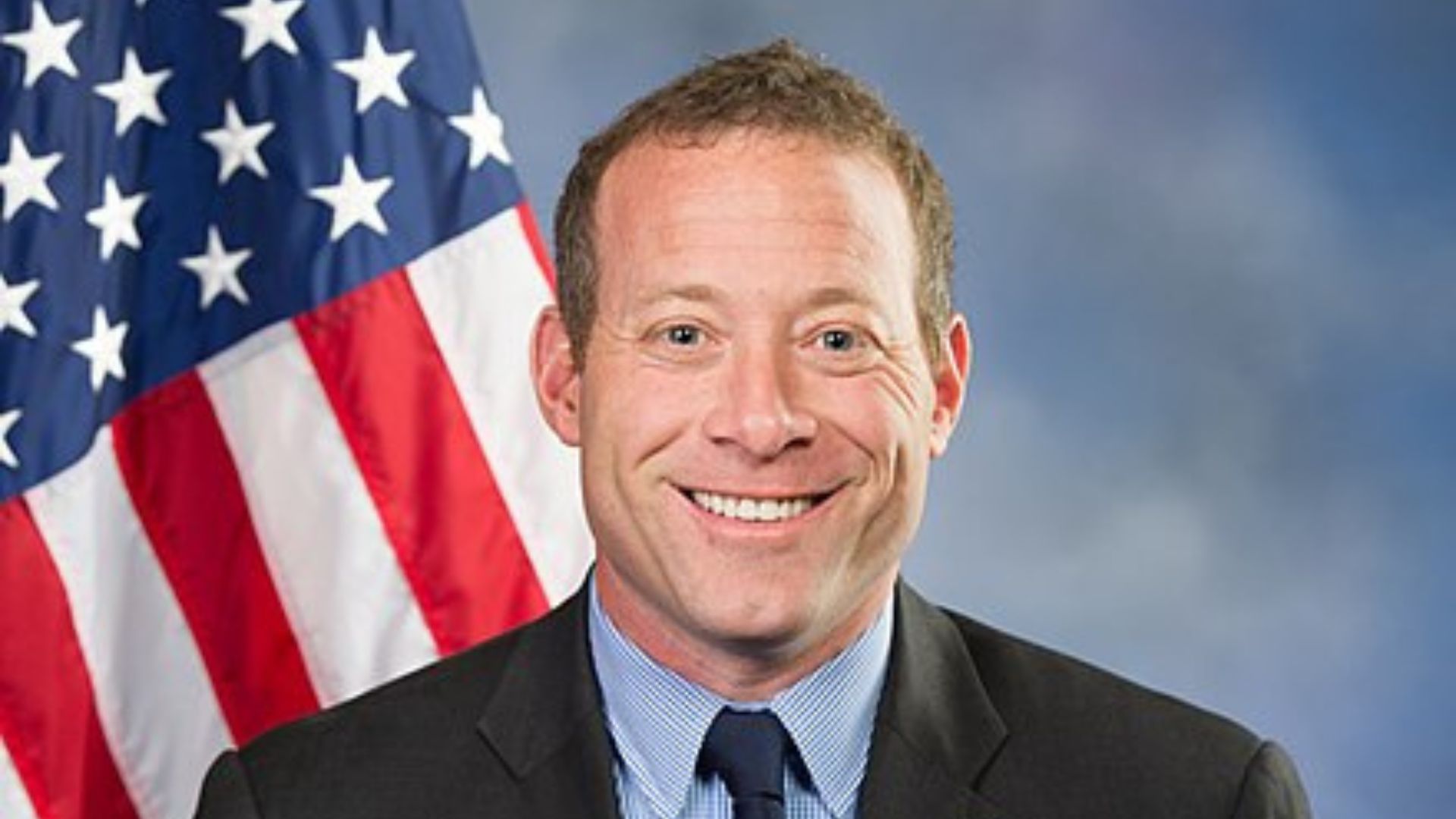
Other lawmakers have also reacted to Florida’s and similar laws being considered in other states.
Representative Josh Gottheimer expressed his reservations, urging caution and stating, “To any states that are considering similar laws, I urge them to think twice before putting America’s national security at risk.”
Evaluating the Impact
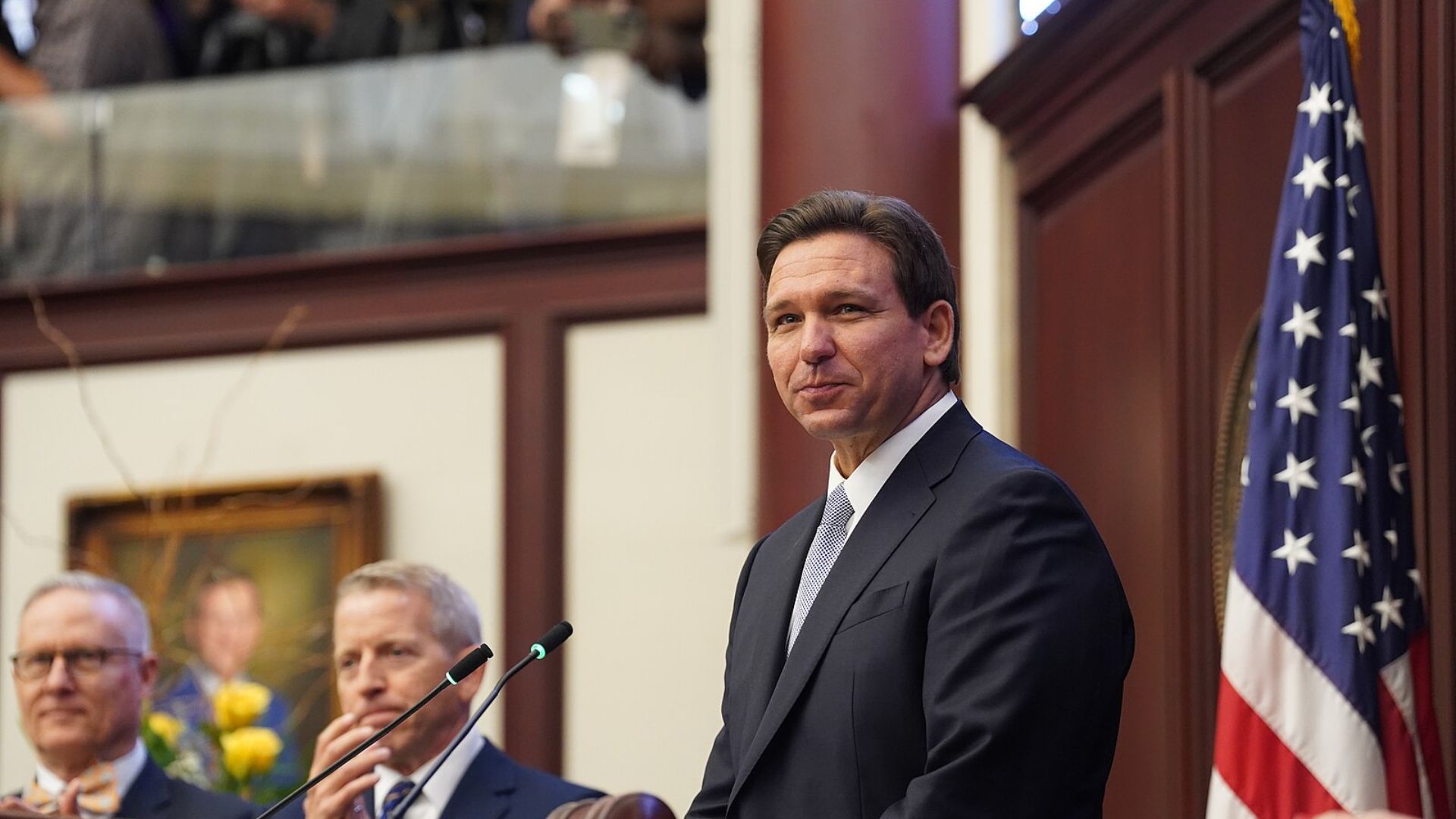
The unfolding debate around HB 989 represents a broader conversation about the balance between individual rights and national security.
As this law takes effect, its impact on both the financial industry and the overall security landscape will be closely monitored to assess whether the intended protections align with or contradict broader U.S. security objectives.
Fighting Wokeness and ESG
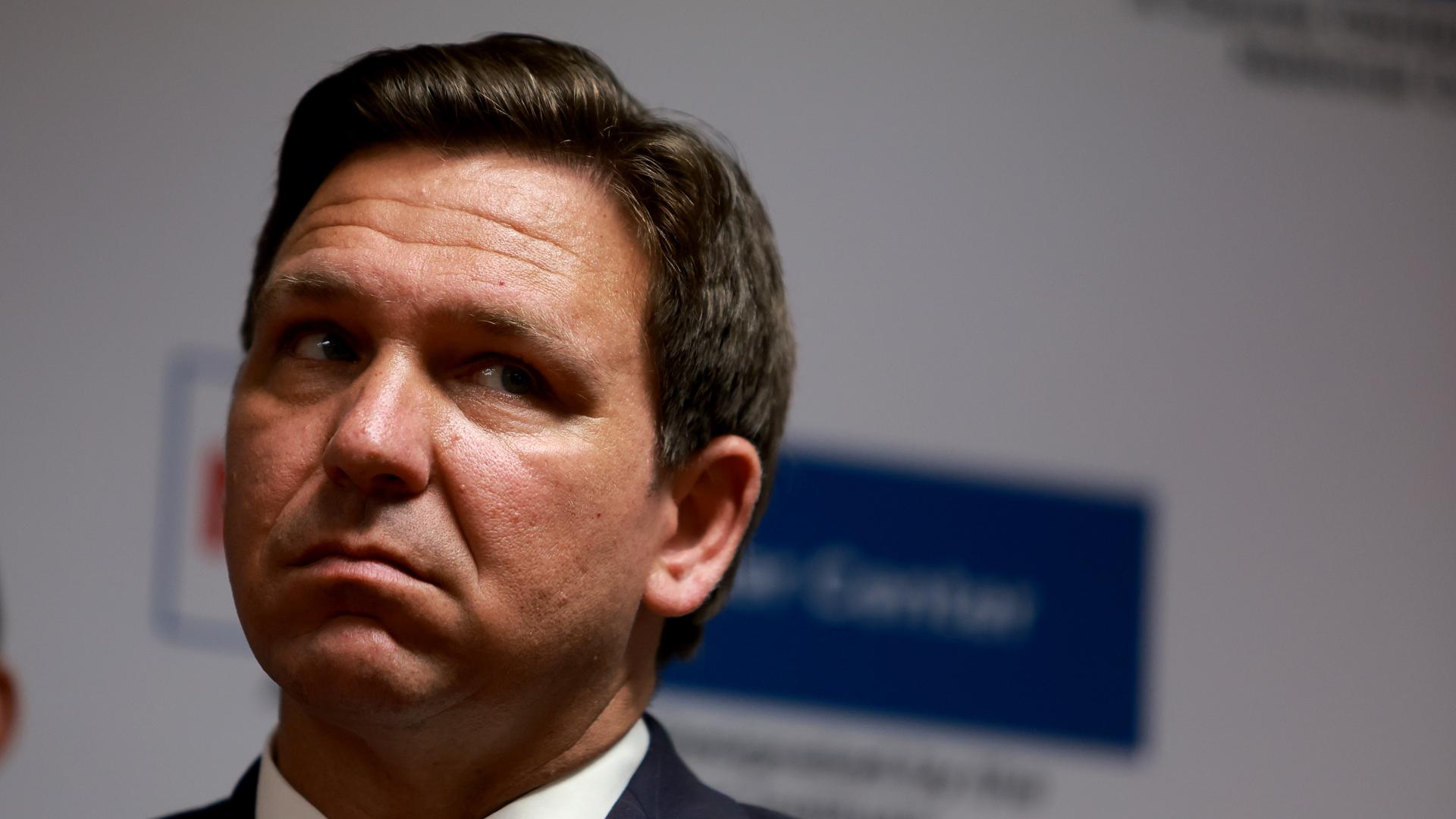
This law from DeSantis comes as part of a broader platform to fight against what he sees as radical forces pushing for woke policies, DEI, and environmental, social, and corporate government issues (ESG) that conservatives feel have gotten out of control in suppressing their viewpoints.
“In Florida, we don’t want the values of Davos, we want the values of Destin, Dunedin and DeFuniak Springs,” said Desantis about a 2022 resolution targeting ESG. “The resolution passed today will direct Florida’s fund managers to make sound investments on returns, not woke ideology. ESG is dead on arrival in Florida.”
Similar Laws in Other States
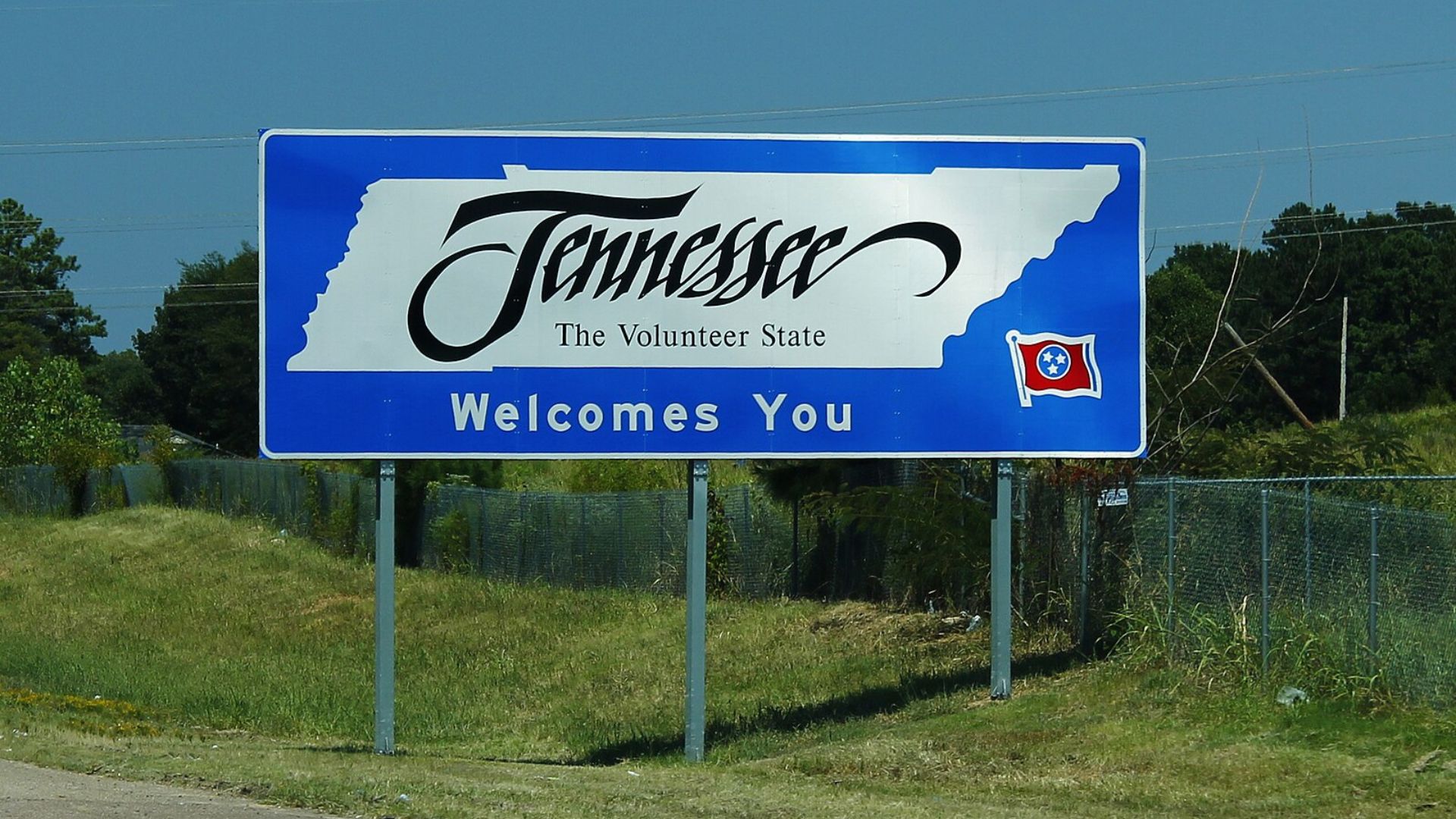
Florida is not the only state that is trying to fight political bias in banking. Tennesse recently passed a similar law to the one in Florida in an effort to stop “debanking” for political and religious views.
Legislatures in the states of Arizona, Georgia, Idaho, Indiana, Iowa, Kentucky, Louisiana, and South Dakota are all also considering passing similar measures.
What is Debanking?

As the name suggests, “debanking” is the process by which financial institutions close a person’s or company’s accounts to prevent them from being able to process transactions and keep savings.
In recent years, conservatives have accused powerful money and transaction institutions like Bank of America, Chase, and PayPal of debanking people for their political or religious views.
Bank of America Case

Last year, a conservative pro-Christian organization called Indigenous Advance Ministries filed a complaint to the Tennessee attorney general, accusing Bank of America of closing its account due to the bank disagreeing with its “religious views.”
However, Bank of America denied the accusation, saying “religious beliefs are not a factor in any account-closing decision.”
Room for Ambiguity

While Bank of America denies it targeted Indigenous Advance Ministries for its views, anti-debanking advocates insist that these large financial institutions need to have greater transparency around their decisions.
A series of letters sent from Bank of America to Indigenous Advance Ministries did not give a clear reason why their accounts were being shut down, only saying that it did not want to serve its “business type” and that the organization had exceeded the “risk tolerance” for Bank of America.
Bank of America’s Defense

After news of a dispute between the bank and Indigenous Advance Ministries made international headlines, Bank of America attempted to offer a new defense, saying the group had violated policies around debt collection services.
However, when pressed by the Daily Mail, Bank of America was unable to share the part of its policy that the group violated.
Chase Bank Incident
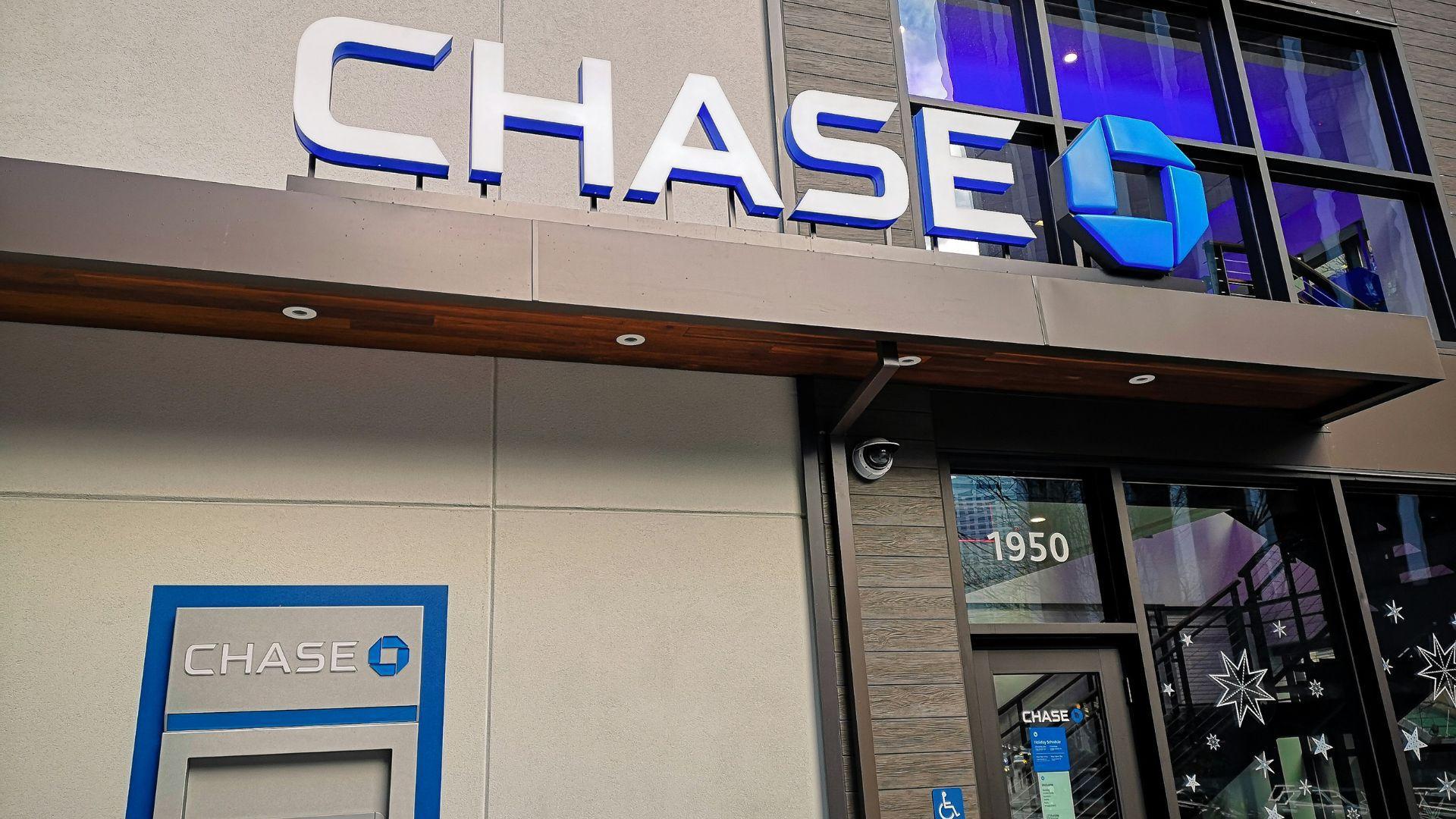
Another similar alleged debanking incident occurred in 2022 when Chase Bank decided to suddenly close an account for the National Committee for Religious Freedom (NCRF).
Just like the Bank of America case, the NCRF was not initially given a clear official cause for the reason their account was shut down.
Official Explanation

According to reports, Chase employees told NCRF they were “prohibited from providing any explanations.”
Later, Chase told the group that they had failed to provide requested documentation within 60 days, however, the account that was closed had only been open for 20 days.
Chased Away

In the aftermath of the incident, the NCRF launched an awareness campaign called “chased away” that encouraged others who felt they had been discriminated against for their political or religious beliefs to speak out.
“On what basis are these institutions doing this?” said NCRF chairman Sam Brownback. “I just never expected it would happen to me or this organization.”
A Problem in the Industry

These incidents give fuel to some of the concerns that conservatives have about the state of the financial industry and its potential to be used as a political weapon against them.
The 2023 ADF Viewpoint Diversity Score Index shows that seven out of ten of the largest US commercial banks have broad policies regarding “reputational risk” and “hate speech” that can punish customers with cancellation for stepping out of line.
Trying to Make Improvements

Organizations like Alliance Defending Freedom have been trying to make progress in pressuring banks to implement policies to protect their customers from religious and political discrimination.
This year, the group celebrated a policy change by Chase meant to “protect free speech and religious liberty.”
Doing the Government’s Dirty Work
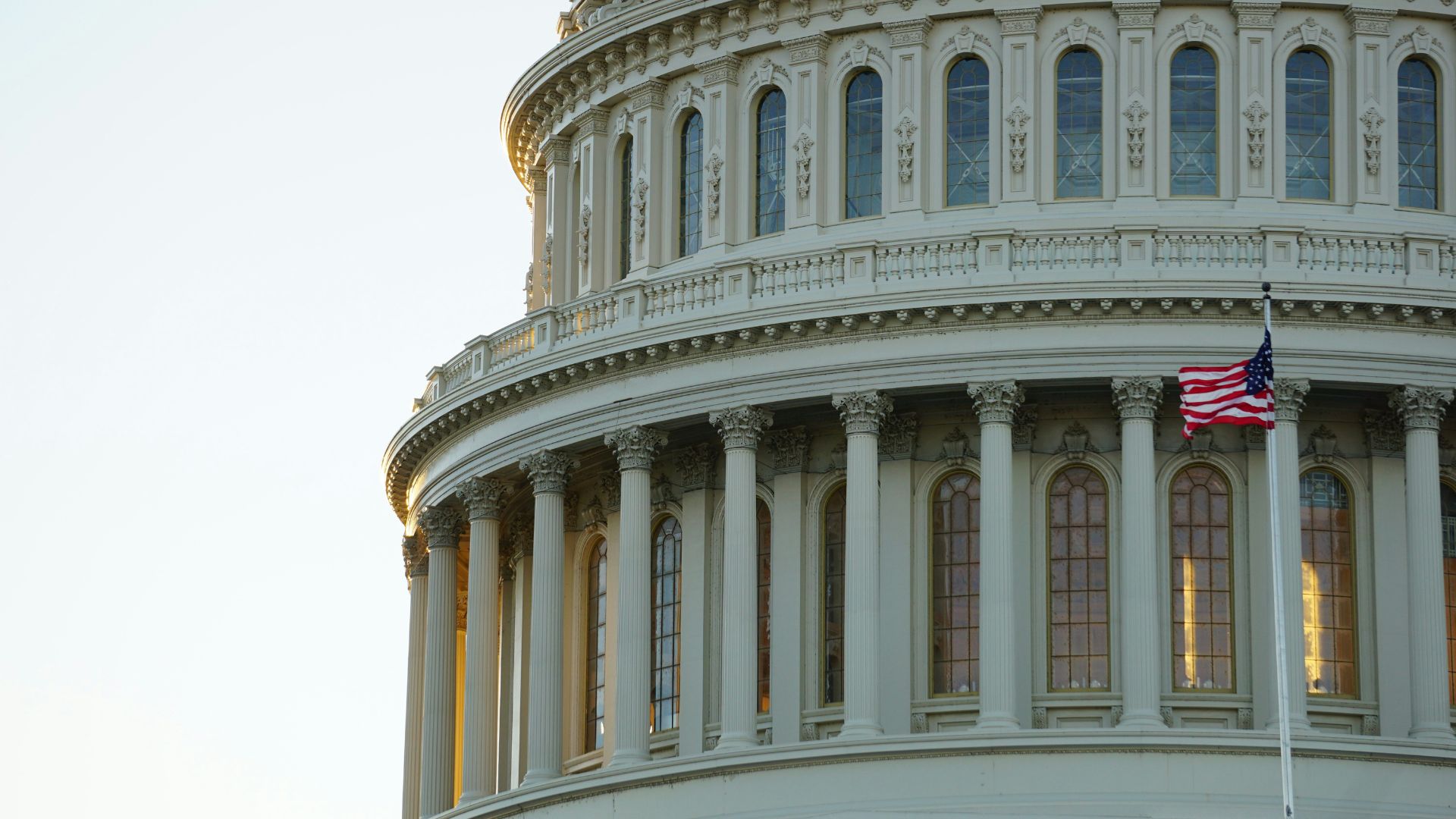
In an X post this week, Alliance Defending Freedom framed the struggle of debanking as an extension of government censorship and a “tax on dissent.”
“When banks cancel customers for political reasons, they are ‘doing the dirty work of gov’t officials who cannot engage in censorship themselves,’” the group said.
